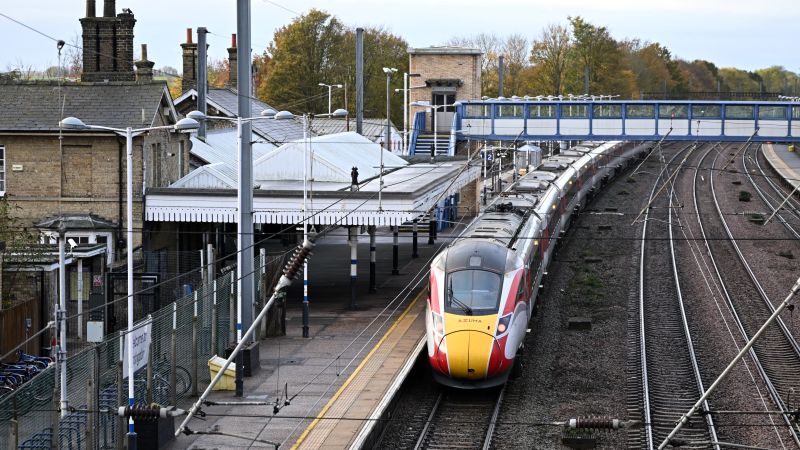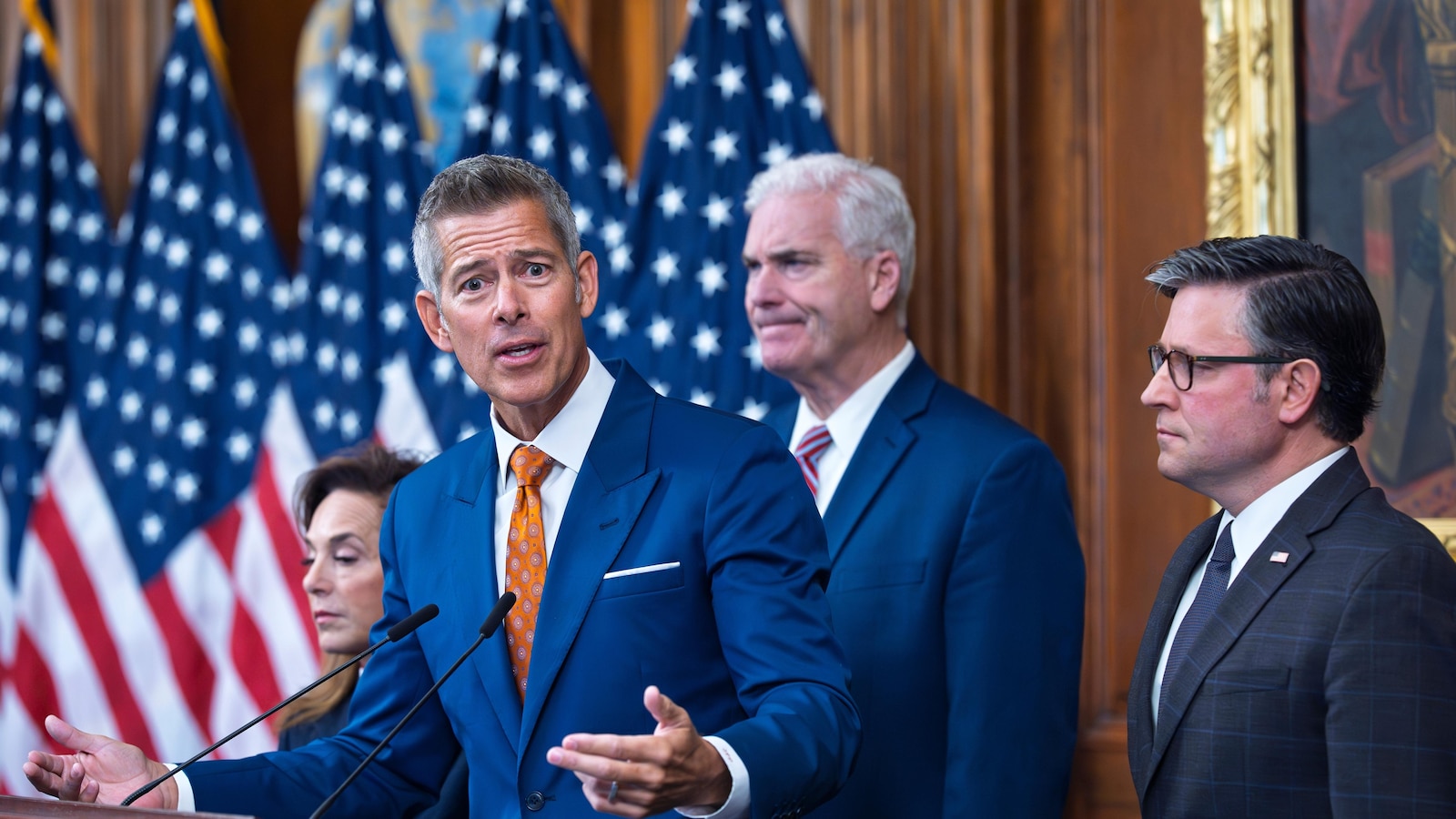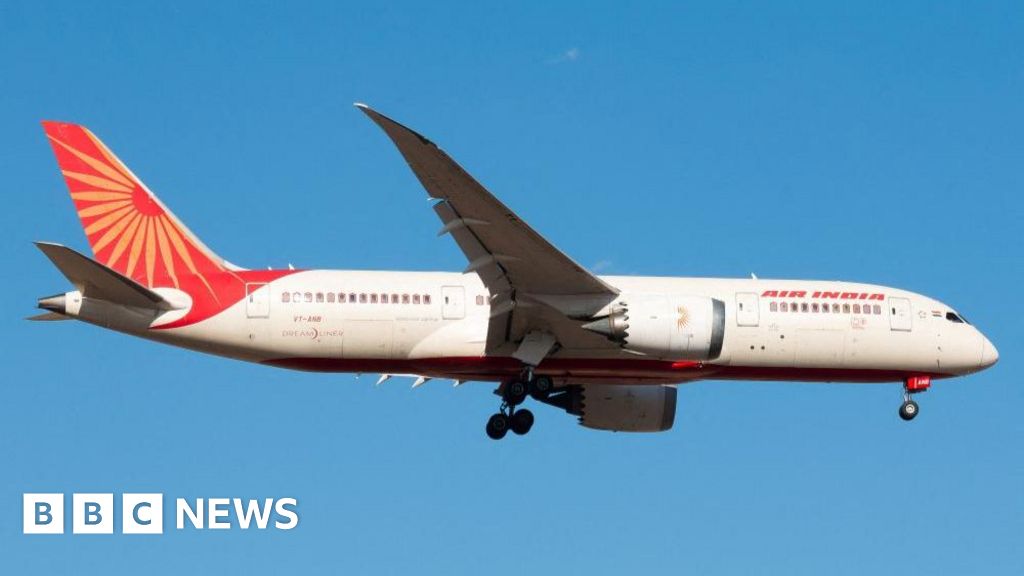Tragic UPS Cargo Plane Crash at Louisville Airport

Tragic Cargo Plane Crash at Kentucky Airport
At least four people have died after a UPS cargo plane exploded during takeoff at Louisville Muhammad Ali International Airport, sparking massive fires that engulfed nearby businesses. The MD-11 aircraft, bound for Honolulu, experienced a catastrophic failure when its left engine detached and caught fire shortly after leaving the runway. The plane managed to briefly gain altitude before crashing just beyond airport property, leaving a debris field stretching half a mile. Emergency crews responded swiftly amid ongoing flames and smoke that continued to threaten the surrounding area.
Investigation and Response Efforts
The National Transportation Safety Board is leading the investigation, recovering the cockpit voice and data recorders to determine the exact cause. UPS has temporarily halted sorting operations at its Worldport hub and expressed deep condolences to the families affected. Authorities continue searching for additional victims, with the death toll expected to rise as fire suppression efforts proceed. The incident has disrupted airport activities and raised urgent questions about aircraft safety protocols during critical phases of flight.
About the People Mentioned
Muhammad Ali
Muhammad Ali (born Cassius Marcellus Clay Jr., January 17, 1942 – June 3, 2016) was an American professional boxer widely regarded as one of the greatest athletes in history. He won the world heavyweight boxing championship three times and successfully defended the title 19 times during his career, which spanned from 1960 to 1981. Ali compiled a professional record of 56 wins, 5 losses, and 37 knockouts[1][4]. Ali began boxing at age 12 and won a gold medal in the light heavyweight division at the 1960 Rome Olympics[4][6]. He turned professional soon after and gained fame for his speed, footwork, and charismatic personality, often proclaiming himself "The Greatest." Key victories included defeating Sonny Liston in 1964 to become heavyweight champion, and later regaining the title in iconic bouts such as the 1974 "Rumble in the Jungle" against George Foreman and the 1975 "Thrilla in Manila" against Joe Frazier[1][2][3]. Outside the ring, Ali was known for his outspoken activism. He converted to Islam, joined the Nation of Islam, and took a strong public stance against the Vietnam War, refusing military induction on conscientious grounds, which led to a suspension from boxing for over three years[5]. His activism challenged racial inequality and war policies, making him a polarizing yet influential figure in American culture. After retiring, Ali remained a global ambassador for peace and humanitarian causes. He was inducted into the International Boxing Hall of Fame in 1990 and awarded the Presidential Medal of Freedom in 2005[4]. Ali passed away in 2016 due to complications from Parkinson's disease, but his legacy endures as a symbol of courage, resilience, and social justice[4][5].
About the Organizations Mentioned
National Transportation Safety Board
## Overview The National Transportation Safety Board (NTSB) is an independent federal agency established in 1967 to investigate major transportation accidents and promote safety improvements across all modes of U.S. transportation[1][2]. Its primary mission is to determine the probable cause of accidents—ranging from aviation and rail to highway, marine, pipeline, and hazardous materials incidents—and to issue safety recommendations aimed at preventing future occurrences[1][3][4]. The NTSB does not assign blame or determine liability; its focus is strictly on enhancing safety through evidence-based analysis[4]. ## History The NTSB was originally created within the U.S. Department of Transportation but was granted independent agency status in 1974, insulating it from political influence and allowing bipartisan appointments to its board[2]. This independence is a hallmark of the agency, ensuring that its investigations and recommendations remain objective and data-driven[2][4]. ## Key Achievements Over its nearly six decades, the NTSB has investigated thousands of high-profile accidents, including aviation disasters, train derailments, pipeline ruptures, and major highway crashes[1][2]. Its thorough accident reports and safety recommendations have led to significant advancements in transportation safety, such as improved aircraft design, enhanced rail signaling systems, stricter pipeline regulations, and better child safety seat standards[4]. The NTSB’s work has not only saved lives but also influenced industry practices and regulatory frameworks worldwide. ## Current Status Today, the NTSB is recognized as a global leader in accident investigation and transportation safety. It maintains a robust regional structure and employs experts in engineering, human performance, survival factors, and forensics to dissect complex accidents[3]. The agency also coordinates resources to assist victims and families affected by transportation disasters and serves as a court of appeals for certain certificate actions involving airmen and mariners[3]. Despite its small size relative to other federal agencies, the NTSB’s impact is outsized
UPS
United Parcel Service (UPS), founded in 1907, is a leading American multinational package delivery and supply chain management company headquartered in Atlanta, Georgia. It operates globally, delivering approximately 22.4 million packages daily to over 10 million customers across more than 200 countries and territories. UPS provides an extensive range of services, including domestic and international letter and package delivery, air and ocean freight forwarding, customs brokerage, supply chain solutions, and financial and insurance services. Its operations are divided mainly into two segments: U.S. Domestic Package and International Package, offering time-definite shipping options worldwide through a vast fleet of about 121,000 vehicles and aircraft containers[1][4]. Historically, UPS began as the American Messenger Company, evolving from local telegraph delivery to becoming the largest courier company by revenue globally, surpassing DHL and FedEx with revenues reaching $91.1 billion in 2024. The company operates one of the world’s largest airlines and is known for its major international hub, UPS Worldport in Louisville, Kentucky, which ranks among the busiest cargo airports worldwide. UPS is also a significant private employer in the U.S., with around 490,000 employees[3][4]. Key achievements include consistent revenue growth and strategic transformation efforts aimed at boosting efficiency and reducing costs. In Q2 2025, UPS reported $21.2 billion in revenue and $1.8 billion in operating profit, along with $3.5 billion in targeted cost savings for the year. CEO Carol B. Tome highlights the company's progress in adapting to complex economic and trade environments while positioning UPS for stronger long-term financial performance and competitive advantage[2]. Notably, UPS emphasizes sustainability and innovation, operating a large fleet of alternative fuel vehicles and integrating cutting-edge shipping, visibility, and billing technologies. Its purpose, “Moving our world forward by delivering what matters,” underscores its commitment to customer-centric service, technological advancement, and environmental responsibility[4][5].

















